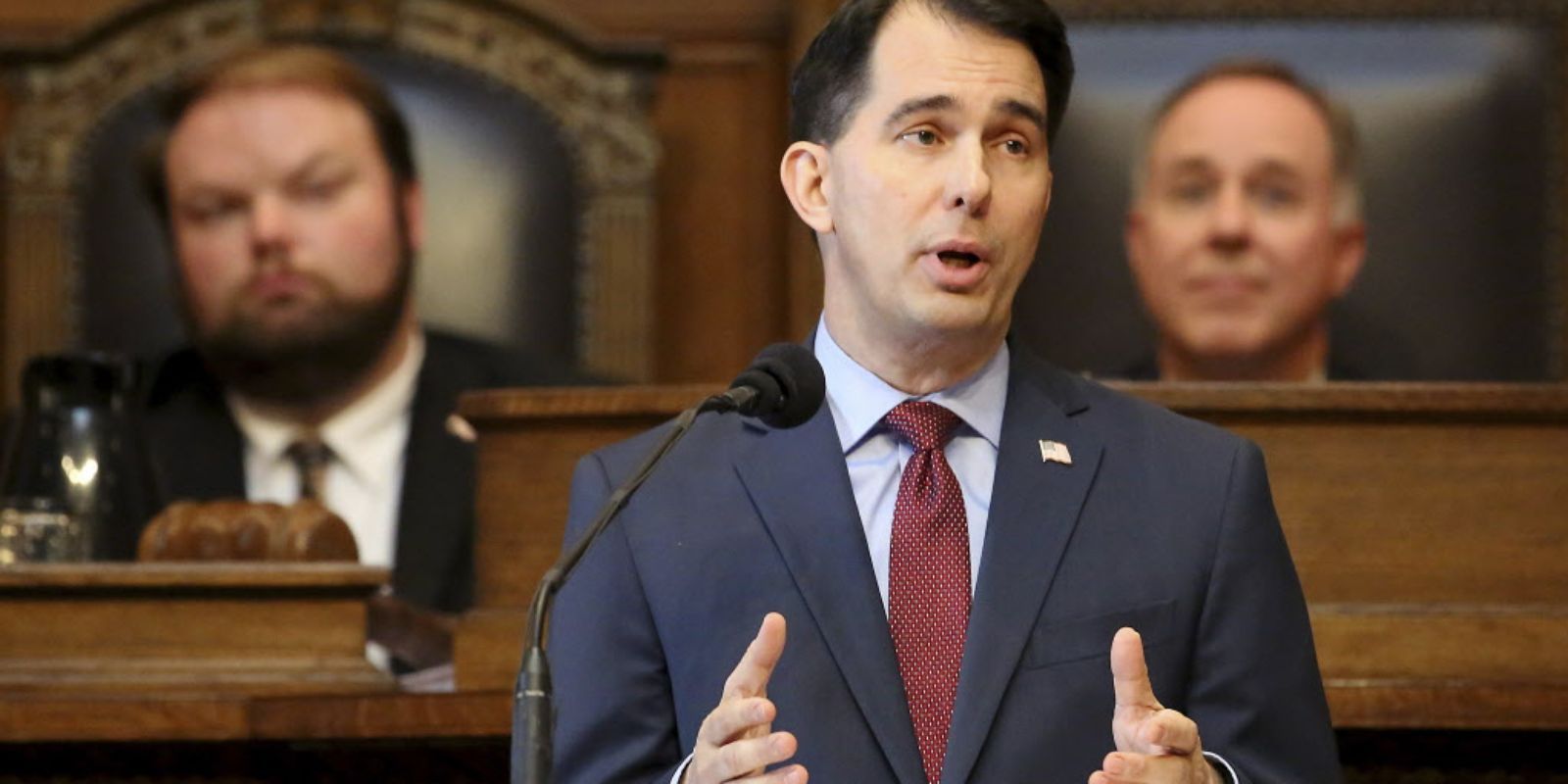The next Supreme Court term starts today and will bring a slew of cases on several major topics including religious freedom, forced union dues, and the controversial practice of partisan Gerrymandering. These are all hot-button issues that work their way into state and federal elections, and often construct national law concerning issues like gay marriage.
NBC News reports on the ramifications these cases will have and how Justice Gorsuch’s presence on the bench may tip the scales:
Opposition to same-sex weddings
Same-sex marriage is at the heart of a case brought by a Colorado baker who refused to provide a custom cake for a gay couple’s wedding reception because it would violate his religious principles. That ran afoul of a Colorado law that forbids businesses from discriminating on the basis of sexual orientation.
The baker, Jack Phillips of Masterpiece Cakeshop, said his cakes are works of art and the state law compels him to express a view he opposes. “I don’t want to be forced to create art, sculpting, painting, any of the things that I do for an event that goes against my faith.”
But the couple he turned away, Charlie Craig and David Mullins, say there’s no religious exception to laws against discrimination.
“Could a hotel owner turn away an interracial couple because his religion believed that people shouldn’t marry outside their race?” Mullins asks.
This will be a big case that has far-reaching implications across the country. There have been instances in several states, and a mixed reaction from state courts and legislatures, on how to handle this issue. The question is whether the state can compel a baker, or any “artist” providing their services for a ceremony, to participate in a ceremony which stands against their deeply held religious beliefs. The designation as “artist” is important, because that difference is what may allow these businesses to more selectively choose the clients they take or don’t take due to religious reasons. This is a case where Justice Gorsuch may make a real difference in the outcome.
Partisan gerrymandering
And in a case that could change the future of American politics, the justices will consider whether states can become so blatantly partisan in drawing the boundary lines for voting districts that they violate the Constitution.
Wisconsin is split nearly equally between Republican and Democratic voters, but after gaining control of the legislature and the governor’s office, Republicans redrew State Assembly district lines in 2011, eventually giving them 64 out of 99 seats. Lower courts said the result was so excessively partisan that it denied Democrats a fair shot at electing candidates of their choosing.
“We’ve reached a point here, and Wisconsin is an extreme example, where a political party ends up deciding in advance who’s going to win or lose the election,” said Trevor Potter of the Campaign Legal Center, which is challenging the new map.
Courts have long held that oddly shaped districts are unconstitutional if they put racial minorities at a disadvantage. But it has never set out a legal standard for blowing the whistle on excess political partisanship.
As stated, there are precedents when it comes to how states may draw up precinct boundaries concerning the ethnic makeup of voters. However, there are no guidelines when it comes to drawing districts based on the partisan makeup of the boundaries. It will be interesting to watch this case as we’ve covered this topic many times here and here. Wisconsin is at the center of this case, but it will have implications for many other states, such as North Carolina which has also battled over highly partisan redistricting lines.
Compulsory union fees
In a case that could deal a crippling blow to unions representing millions of the nation’s public employees, the justices will decide whether state government workers who choose not to join a union must still pay a share of union dues to cover the cost of negotiating contracts. At stake is the future power and financial health of public sector unions in the 22 states where they have a duty to bargain for both members and nonmembers alike.
Anti-union groups argue that requiring nonunion members to pay a portion of union dues forces them to endorse views they don’t agree with, violating their First Amendment rights. But the unions say negotiating contracts, which provide benefits to nonunion members as well, is expensive. They argue that the fees prevent “free riders.”
For years, the tide has been for courts to decide against forced union participation of any kind, as it has held that individuals cannot be compelled to participate in a union as a condition of employment. However, this case will decide whether states can forcibly require union dues in public worker unions even if an employee decides not to be a member of the union. Essentially, if they’re still forced to pay dues, what is the difference between being a member or a non-member of the union?
Each political side has issues at stake. For an interesting read, see this post from the SCOTUSBlog for a deeper analysis of each case on the docket.
Donate Now to Support Election Central
- Help defend independent journalism
- Directly support this website and our efforts
